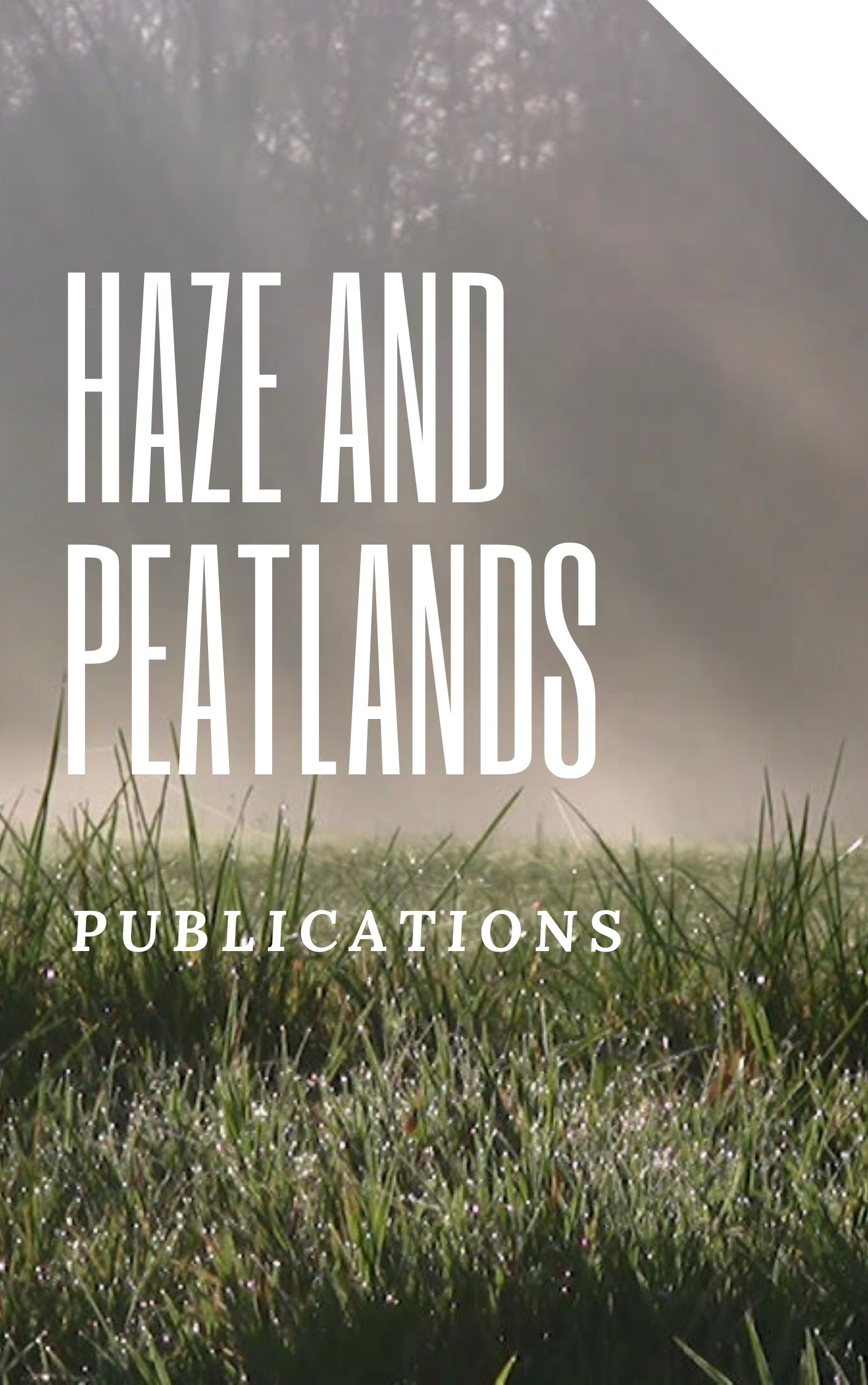This is one of 2 reports prepared during 1999 jointly by the Forest Fire Prevention and Control Project (FFPCP), South Sumatra, and the Integrated Forest Fire Management Project (IFFMP), East Kalimantan. Fire prevention is the key to over-coming the recurring problems of forest fires in Indonesia during drought years. The IFFMP (GTZ) and the FFPCP (European Union) assist the government of Indonesia to strengthen the country's fire management capacity in the provinces of East Kalimantan and South Sumatra. In this paper, suggestions are made on practical methods of fire prevention and pre-suppression in logging concessions (HPH) and plantation forests (HPHTI). The training of forest firefighters to work in the concessions and plantations, and the techniques used to suppress fires are covered in the second joint paper. This paper starts by reviewing forest fire related legislation. Under new legislation that regulates the duration of the entitlement to exploit a concession area, HPH license holders have a strong incentive to prevent fire in their harvestable stands but little to protect areas they have already logged. HPHTI have somewhat more incentive to protect their investment in plantations. The numbers of fire control staff stipulated by law are insufficient. A method to calculate the correct number, which takes into account terrain and other factors, is given. The effects of access to the area, the various classes of fuel, different forest types, weather, terrain, and forest management practices are described as these relate to fire danger. The role of local communities in fire prevention is examined; arrangements that benefit both the concession holders and the communities need to be found. Land tenure and land-use-rights must be addressed and concession holders will need to recognize that blind enforcement of boundaries is not a realistic option. Mutual trust, so lacking in the past, will need patience to develop. A participatory approach that pays communities equally if they prevent fires or act as firefighters is suggested as a possible way forward. The technical aspects of fire prevention are explained in detail. These include descriptions and explanations, and the engineering of fuelbreaks, firebreaks and access roads. Water supply and lookout towers are also covered. Work that is carried out in the expectation that forest fires will occur despite prevention measures - in fire management terminology, fire pre-suppression - is also explained. Sections of the report deal with pre-attack planning, fire management standard operating procedures and fire management organization. The calculation of staffing and equipment requirements is dealt with under the heading of organization.
Keyword(s)
community involvement, concessions, fire control, fire danger, fire management, fire prevention, fire suppression, firebreaks, forest fires, forest management, forest plantations, forests, fuels, international cooperation, legislation, logging, European Union, Indonesia, Kalimantan, Sumatra, Europe, APEC countries, ASEAN Countries, Developing Countries, South East Asia, Asia, Borneo, Common Market, EC, EEC, European Communities, European Economic Communities, fire hazard, fuelbreaks, timber extraction, timber harvesting, Forest Fires (KK130), Logging and Wood Processing (KK515), Silviculture and Forest Management (KK110), Laws and Regulations (DD500), Community Participation and Development (UU450) (New March 2000)

